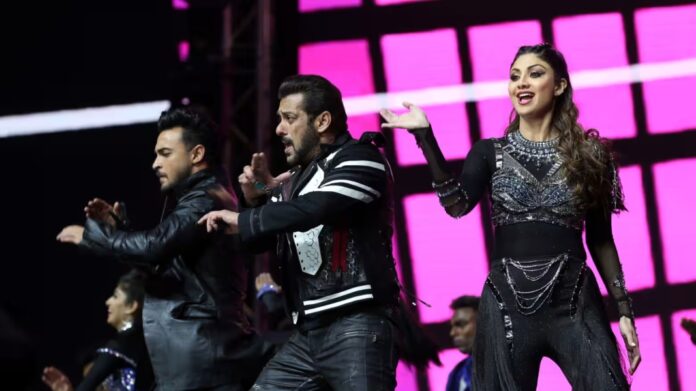Where OpenAI is a major resource to many, for the creative industry, it’s posing a threat that has not been seen in years. Recently, India’s leading Bollywood music companies, T-Series, Saregama and Sony, filed a lawsuit against OpenAI in New Delhi. The lawsuit posed serious questions about the use of copyrighted material by AI and will determine the future of intellectual property rights under AI. It reflects concerns about training AI models on humongous amounts of publicly available material without requisite permission.
A Growing Legal Battle
The lawsuit, filed by the Indian Music Industry (IMI) group and leading music labels, argues that OpenAI’s AI models unlawfully use sound recordings, lyrics and compositions to train their algorithms. This case follows a similar lawsuit from Indian news agency ANI, which accused OpenAI of utilising its copyrighted content without permission.

OpenAI, backed by Microsoft, has faced mounting legal scrutiny worldwide, with book publishers, media houses, and copyright organisations pushing back against the company’s data usage practices. The lawsuit in India, OpenAI’s second-largest market, adds another layer of complexity to the global debate surrounding AI and copyright law.
The Stakes for Bollywood’s Music Industry
Hindi pop music and Bollywood are a multibillion-dollar business in India, with companies such as T-Series churning out approximately 2,000 songs a year. Saregama established a hundred years ago, has a vast library of iconic Indian music, including the works of Mohammed Rafi and Lata Mangeshkar.
Read More: Elon Musk Offers $97.4 Billion to Acquire OpenAI.
Music labels fear that AI systems like ChatGPT can extract lyrics, melodies and sound recordings from the internet, potentially reducing licensing revenue and diminishing creative control over original works. IMI, which also represents international labels like Sony Music and Warner Music, sees this lawsuit as a crucial battle for copyright holders worldwide.
OpenAI’s Defence and the Future of AI Regulation
OpenAI argues that its AI models draw on publicly accessible content and uphold fair-use rules. However, OpenAI has also fought the ANI lawsuit because Indian courts are not competent, as OpenAI is headquartered in the U.S. with global servers.
There is increasing opposition worldwide to the way AI uses copyrighted material. Germany’s songwriters’ union GEMA, for example, sued OpenAI last year on the grounds of reproducing lyrics to songs without permission.
With the next court hearing set to take place on February 21, the results of this case may have broader implications for regulation of AI, copyright protection and the larger relationship between creative industries and artificial intelligence.
Stay tuned to Brandsynario for the latest news and updates.









































